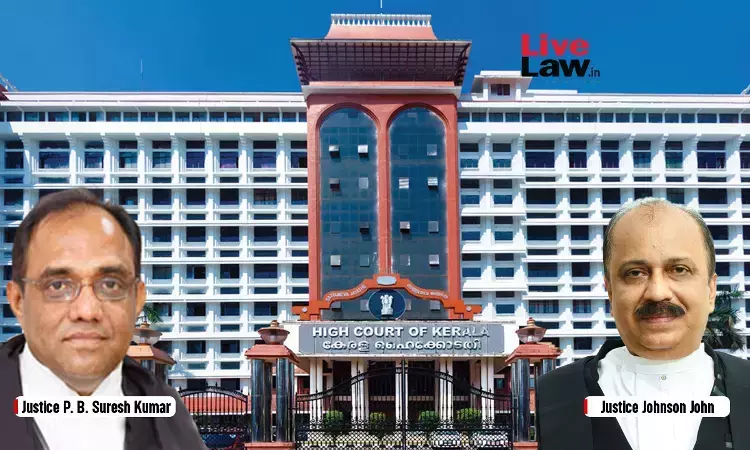Centre Can Direct NIA To Investigate Scheduled Offence Which Is Yet To Be Reported : Kerala High Court
Tellmy Jolly
2 Dec 2023 3:36 PM IST

Next Story
2 Dec 2023 3:36 PM IST
The Kerala High Court has held that under Section 6 (5) of the National Investigation Agency (NIA) Act, the central government has the power to direct the National Investigation Agency to investigate not just pending cases, but also offences where no case was registered. In dismissing the pleas of the accused, a division bench of Justice P.B.Suresh Kumar and Justice Johnson John also...
